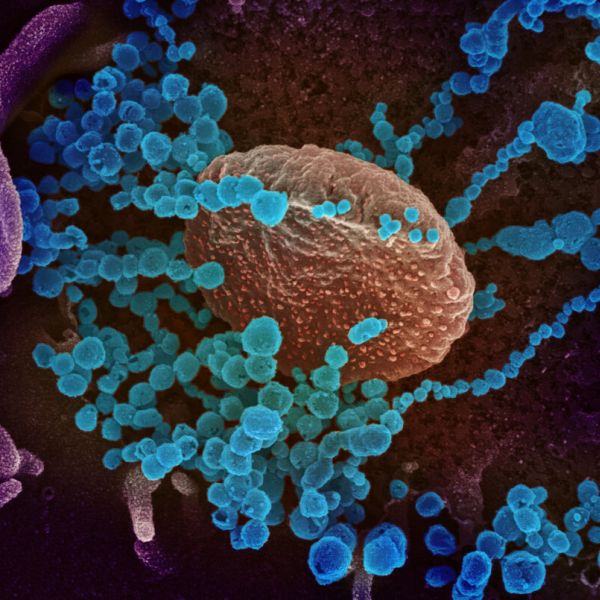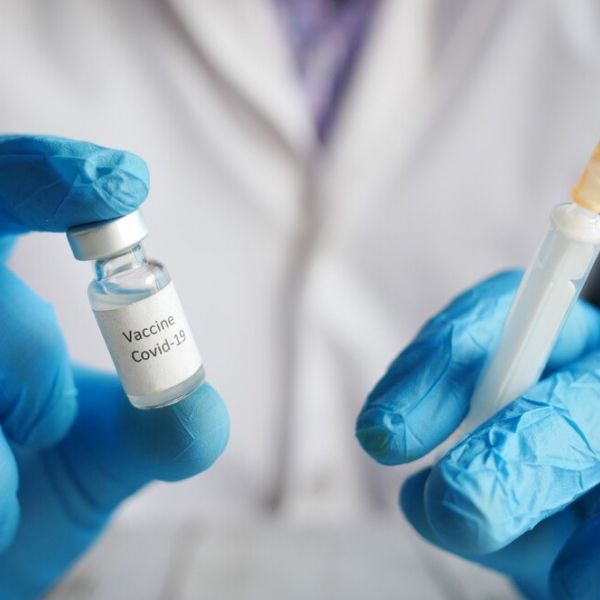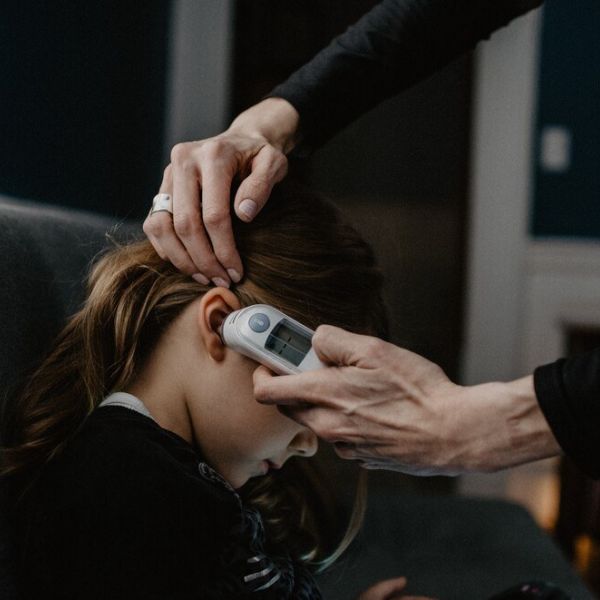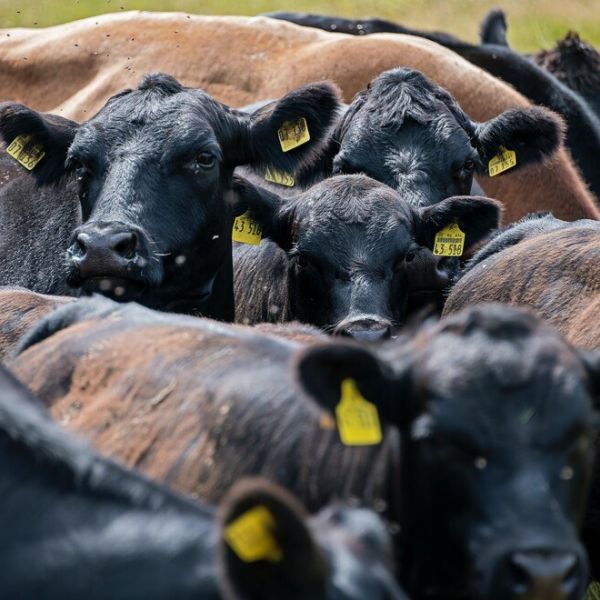News

Sep 30, 2021
New tool predicts changes that may make COVID variants more infectious
The first key step in SARS-CoV-2 infection is when the virus’ spike protein binds to the ACE2 receptor on human cells. Researchers at Penn State have created a novel framework that can predict with reasonable accuracy the amino-acid changes in the virus’ spike protein that may improve its binding to human cells and confer increased infectivity to the virus.
Full Article

Sep 24, 2021
When will the pandemic end?
The worst of the pandemic may finally be over, according to new modeling results from a consortium of researchers advising the U.S. Centers for Disease Control and Prevention. The team’s “COVID-19 Scenario Modeling Hub,” which is co-coordinated by researchers at Penn State, projects that COVID-19 cases will decrease across the United States, barring the emergence of any new variants or major changes in behavior.
Full Article

Sep 24, 2021
Penn State experts to answer COVID-19 questions live Sept. 30 on WPSU
Penn State experts will answer community members’ questions about COVID-19 live during the fall premiere of WPSU’s “Conversation’s Live” on Thursday, Sept. 30.
Full Article

Sep 23, 2021
'Zombie Ant' sculpture brings interactive art to Penn State Behrend
Zombies! Ants! Parasitic fungus! The new augmented reality project at Penn State Behrend’s School of Science complex could serve as the set for a drive-in horror movie.
Full Article

Sep 14, 2021
Eberly’s 2022 Lab Bench to Commercialization grant recipients announced
The Eberly College of Science has chosen faculty members Joyce Jose and Sally Mackenzie to receive its 2022 Lab Bench to Commercialization grants. This competitive program provides funding for researchers in the college, enabling them to enhance the commercial potential of ongoing Penn State research and prepare them to translate their Penn State-owned intellectual property to the marketplace.
Full Article

Aug 25, 2021
Will COVID-19 become a mostly childhood disease?
Within the next few years, as the SARS-CoV-2 virus becomes endemic in the global population, COVID-19 may behave like other common-cold coronaviruses, affecting mostly young children who have not yet been vaccinated or exposed to the virus, according to new modeling results. Because COVID-19 severity is generally lower among children, the overall burden from this disease is expected to decline.
Full Article

Aug 11, 2021
Global food security professor named to 'Most Creative People in Business' list
Entomologist David Hughes has been named to Fast Company's 2021 list for his innovative, impactful PlantVillage project.
Full Article

Jul 23, 2021
Global warming may limit spread of dengue fever, new research finds
Infection with dengue virus makes mosquitoes more sensitive to warmer temperatures, according to new research led by Penn State researchers. The team also found that infection with the bacterium Wolbachia, which has recently been used to control viral infections in mosquitoes, also increases the thermal sensitivity of the insects.
Full Article

Jul 16, 2021
Australian megafires burn critical habitat of 'Vulnerable' virus-harboring bats
The severe megafires that occurred in eastern Australia during 2019-20 were much larger and more concentrated across the landscape than in previous years, according to a study by researchers at Penn State and the University of New South Wales. The unprecedented fires included the burning of 34% of the foraging habitat of grey-headed flying foxes, which are known to transmit deadly Lyssa and Hendra viruses.
Full Article

Jul 09, 2021
Neglecting delays in outbreak response grossly underestimates epidemic severity
For livestock diseases, like foot-and-mouth disease (FMD) and swine flu, rapid culling and carcass disposal are well-established strategies for halting an outbreak and limiting its impact. However, even when infection is quickly detected delays in these interventions may permit pathogen transmission from infected farms.
Full Article